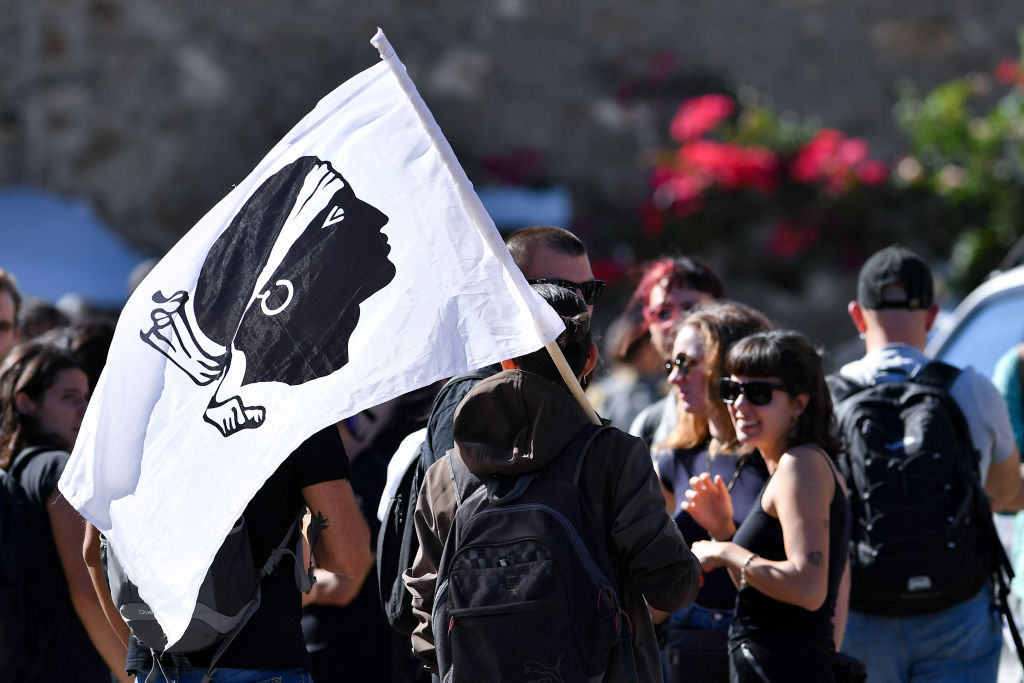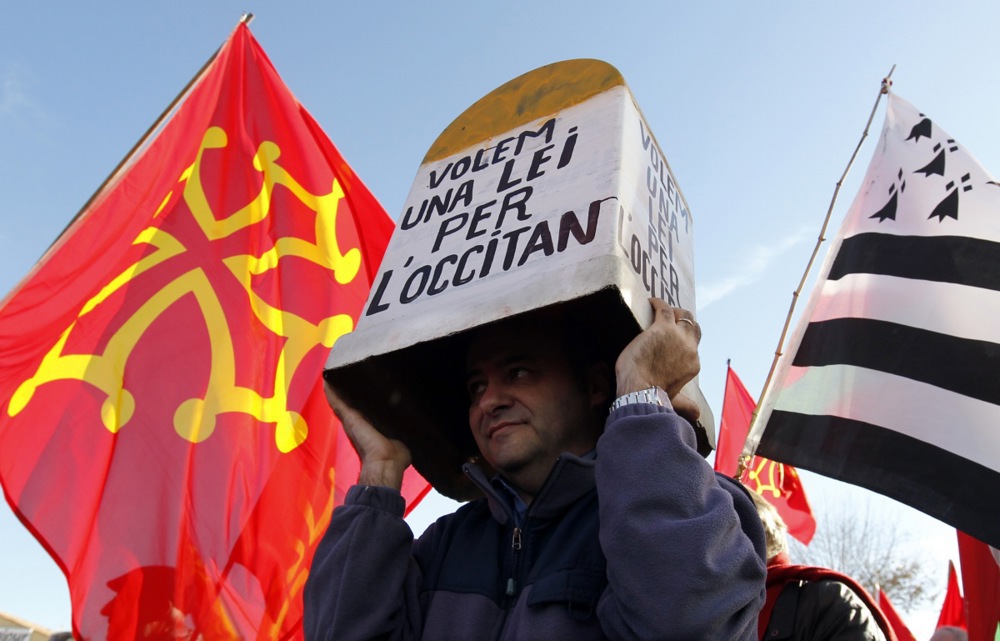Britanny – Loire Atlantique, France
In a resurgence of historical and cultural debate, the question of whether Loire-Atlantique should be reattached to Brittany has once again taken centre stage.
A recent missive from the Association for the Enhancement and Support of the Pays de la Loire Region (AVSPL) has rekindled the long-standing dispute, amplifying tensions and igniting impassioned responses from both sides.
The AVSPL’s letter, addressed to all mayors of Loire-Atlantique, lambasted the increasing display of the Breton flag across the department.
With 51 out of 207 town halls now proudly hoisting the Gwenn ha Du flag, the AVSPL sees this as a provocative act with deep political ramifications. Claude Seyse, spokesperson for the AVSPL, contends that raising the flag is more than a cultural gesture; it is a political statement synonymous with separatism.
However, proponents of reunification vehemently refute such claims. Kévin Jezéquel, secretary of À la Bretonne!, rejects the notion that the movement aligns with extremism, emphasising its democratic nature.
“We demand that a popular expectation be resolved by a vote!” asserts Jezéquel, highlighting the persistent calls for a referendum on the matter.
Despite past setbacks, the momentum for reunification remains palpable, buoyed by a new wave of activists employing modern tactics.
Florian Le Teuff, assistant to Brittany’s issues at the Nantes city council, underscores the shift towards proactive engagement, signalling a departure from traditional strategies.
The push for reunification has garnered significant support, with 35 communes rallying behind the call for a referendum, including major urban centres like Rennes and Nantes.
Although Nantes Mayor Johanna Rolland expresses reservations about reunification, she acknowledges the importance of honouring citizen expression.
The historical backdrop of the dispute traces back to the contentious administrative detachment of Nantes from Brittany, a move that incited fervent opposition from proponents of reunification.
Dominique Le Page, a professor of modern history, underscores Nantes’ historical ties to Brittany, dating back to the Middle Ages, and the enduring cultural legacy reflected in its place names and linguistic heritage.
Amidst the fervour of the debate, Loire-Atlantique is experiencing a Breton cultural revival that transcends political boundaries.
Bilingual street signs and a burgeoning interest in Breton language and traditions underscore a profound cultural resurgence.
As the discourse intensifies, the prospect of reunification looms large, raising pivotal questions about identity, governance, and the preservation of cultural heritage.
While entrenched in historical narratives, the debate transcends mere nostalgia, resonating with contemporary aspirations for self-determination and cultural revitalisation.





